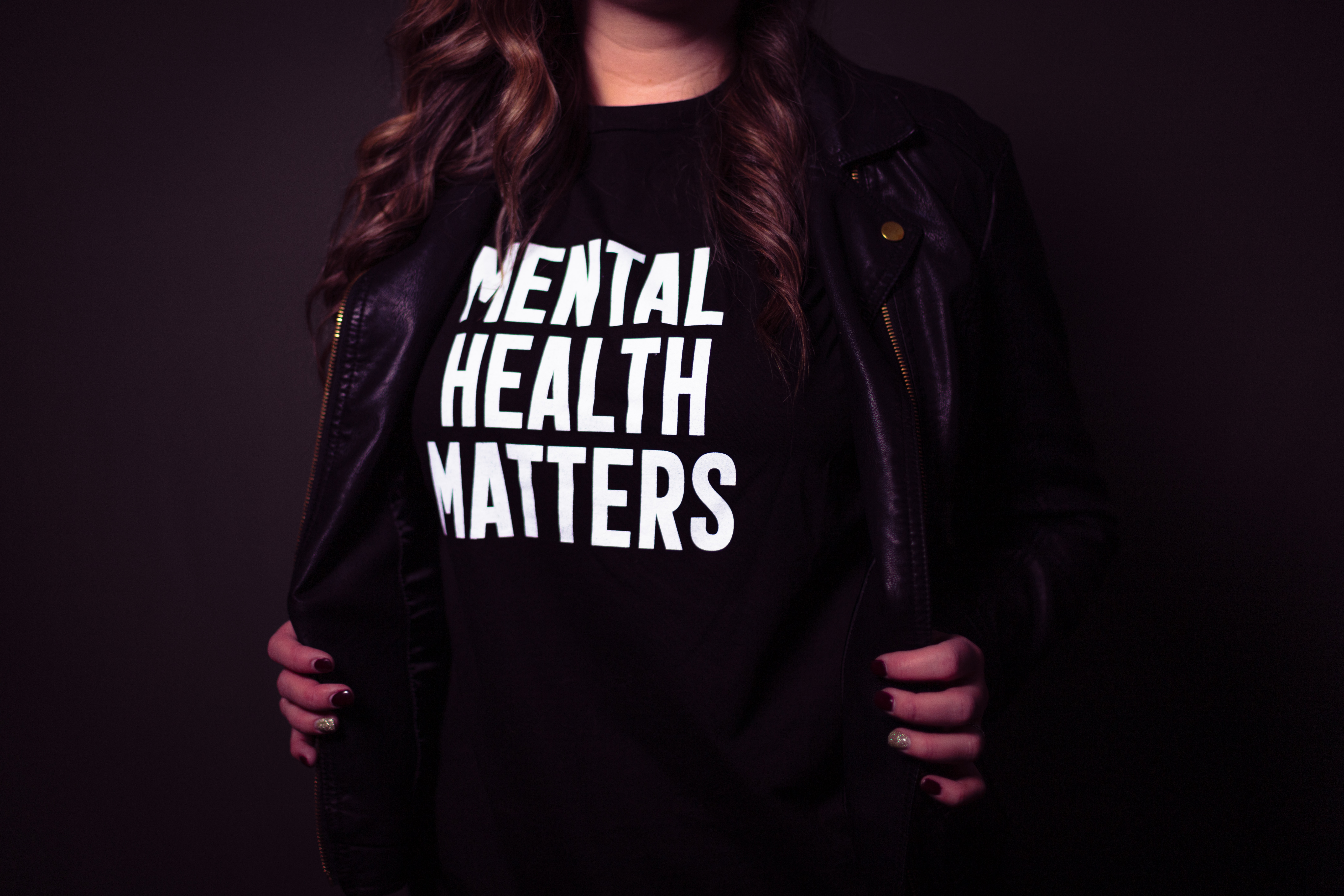Written by: Dr. Elizabeth Vaquera and Thomas J. Rachko, Jr.
Today marks World Mental Health Day during Hispanic Heritage Month at a time when suicide deaths have reached a new high. The alarming rise in deaths by suicide in the United States lays bare a growing mental health crisis that began well before the Covid-19 pandemic. Provisional data released by the Centers for Disease Control and Prevention shows suicide rates surged to 14.9 deaths per 100,000 people in 2022 – a nearly 15% increase from 2020 and the highest rate on record – a worrying trend of increases in “deaths of despair.”
One group subject to particular vulnerabilities that remains overlooked in this national conversation – Latino youth.
As academic and policy professionals who study and support policies to improve the well-being of im/migrants in the United States, we have seen firsthand how suicidal ideation disproportionately impacts young Latinos and how harsh policies contribute to this troubling trend. One study found an increased prevalence of suicide attempts that required medical attention among Latina students compared to White female students. More than half of a sample of Latino young adult DACA recipients in another study engaged in self-harm in the aftermath of harsh policies targeting immigrants.
The reasons behind these alarming statistics are multifaceted. Many Latino youth wrestle with the pressures of navigating two cultures and dealing with racism and discrimination. Struggling to reconcile their ethnic identity in a country that often treats them as outsiders and renders them second-class citizens takes a toll on mental health. Researchers have linked experiences of discrimination to greater odds of lifetime suicidal thoughts, plans, and attempts among Hispanic and other racial minorities.
Latino youth also disproportionately lack access to mental health services and health care altogether. Hispanic children are twice as likely to be uninsured compared to white children, hindering their ability to access care. Latina adolescents have been found to be less likely to receive treatment for depressive symptoms than their white peers.
Language barriers create additional hurdles which stress the need for culturally competent care. Mental health treatment rooted in white, Western norms often fails to resonate with Latino youth. Spanish-speaking providers are in short supply, making it difficult for young people to articulate their struggles to therapists.
The mental health crisis in the Latino community reflects policy failure across education, health care, and immigration. School counselors are overstretched, leaving them ill-equipped to support students. Community health centers lack funding to hire diverse, bilingual providers. And living under the looming threat of deportation for some immigrants exacts an emotional toll on immigrant youth and families.
Policymakers should confront this neglected crisis immediately. Increased investment is needed in campaigns to reduce stigma and boost mental health literacy among Latinos. For example, the National Institutes of Health is funding collaboration to improve Latino mental health through the use of promotores or community health workers from the Latino community. More bilingual counselors and community health workers should be placed in and collaborate with schools with large Latino populations. Health insurance reforms should expand access to care, not limit it.
Most importantly, we must foster a society where Latino youth feel they belong – an inclusive society that embraces diverse, multicultural identities. Forward-looking policies that promote inclusion, denounce discrimination, and welcome immigrants with dignity are mental health policies too.
The story of Latino youth mental health is one of resilience as well as risk. While challenges abound, young Latinos remain driven to success and give back to their communities – never forgetting the sacrifices of the generations that have come before them. Now is the time for policymakers to step up to secure their well-being: the nation’s future depends on it, as lives hang in the balance.
Dr. Elizabeth Vaquera is the Executive Director of the Cisneros Hispanic Leadership Institute. Thomas J. Rachko, Jr. is a Policy Implementation Specialist at the Cisneros Hispanic Leadership Institute. Dr. Vaquera's and Thomas's views are their own and not necessarily reflective of the Cisneros Institute.


